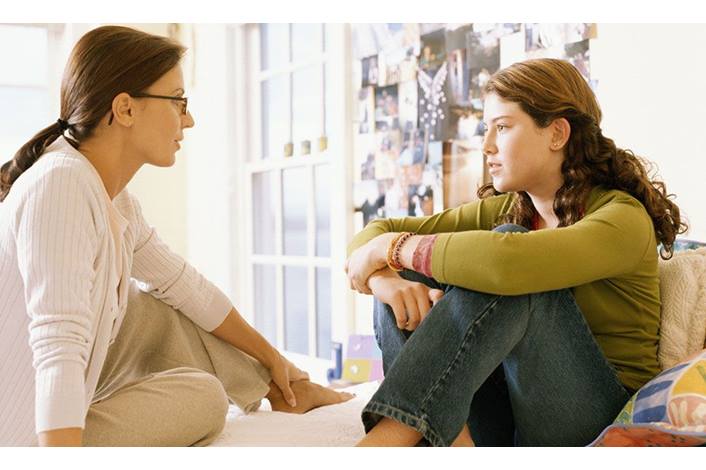Period Talk: A Parent’s Guide to Navigating the Conversation with Kids

Talking to kids about periods can be an uncomfortable topic for many parents or caregivers, but it is an important conversation to have to help children understand their bodies and prepare for puberty. Here’s an age-by-age guide on how to approach the conversation:
- Ages 4-6: Keep it simple At this age, children are just starting to understand their bodies and may notice that girls and boys have different anatomy. You can start the conversation by explaining that girls have a special place called a vagina that helps them make babies, and once a month, they may bleed a little bit from it. Keep it simple and age-appropriate, and don’t feel the need to go into too much detail.
- Ages 7-10: Provide more detail As children enter school age, they may hear about periods from peers or health classes. Take this opportunity to provide more detail about what happens during a period and why it occurs. Explain that the lining of the uterus sheds each month if a woman doesn’t become pregnant, and this shedding causes bleeding. You can also discuss menstrual products like pads and tampons and how to use them.
- Ages 11-13: Discuss puberty Around this age, girls may start to experience puberty, including breast development and the onset of periods. It’s important to have an open and honest conversation about these changes and what to expect. You can also talk about how periods may affect mood and energy levels and provide tips for managing discomfort.
- Ages 14 and up: Keep the conversation going As girls get older, they may have more questions about periods and menstrual health. Keep the conversation going and provide support as they navigate this aspect of their lives. Encourage them to track their cycles and seek medical help if they experience any unusual symptoms.
Remember that it’s important to approach the conversation about periods with an open mind and a willingness to answer questions. By normalizing the conversation, you can help your child feel more comfortable with their body and more confident in managing their menstrual health.
Picture Courtesy: Google/images are subject to copyright








